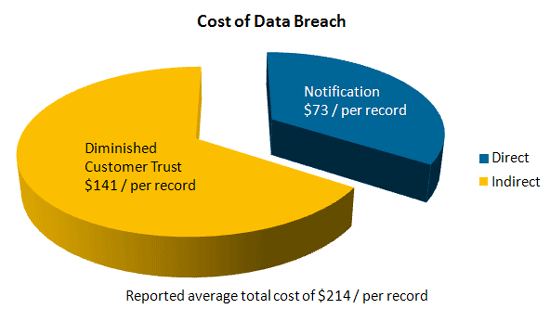The question is often raised, what constitutes a “reportable incident” to my insurance carrier? To answer this one should review the specific language in your professional liability (aka. errors & omissions) policy.
Each insurance policy is different. Only your specific policy can provide you with the conditions, definitions, and provisions relevant to your scenario. The policy wording used here is for illustrative purposes only.
Your professional liability policy is a legal contract between you and your insurance carrier. As such, it is essential to pay close attention to your policy definitions and conditions, and follow them closely. Failure to follow the conditions of your specific policy could result in a denial of a claim.
Most professional liability policies have wording relevant to the reporting of a potential claim.
If, during the policy period, you become aware of a wrongful act or any facts or other circumstance that occurred on or after the retroactive date but prior to the end of the policy period which may reasonably be expected to subsequently give rise to a claim or regulatory proceeding against you, you must give us written notice as soon as practicable of the potential claim or regulatory proceeding, but in any event not later than the end of the policy period or any extended reporting period, if applicable.
The wording here that is open to interpretation is “reasonably be expected”. In general, courts will go by the “reasonable professional” rule to determine if other professionals in your situation would have acted similarly.
When in question, contact your agent and/or carrier hotline to discuss the scenario for a second opinion. The concern is, if a claim arises out of a situation that you were previously aware of and did not report, the carrier can potentially deny the claim for “prior knowledge”.
The key date for determination is the expiration of your policy. If you are aware of a potential claim, you want to make sure to report that incident prior to the expiration and renewal of your policy.
How you report a potential incident is also very important. Providing a vague statement to the carrier or your agent is typically not sufficient to be considered adequate reporting . Again, read your policy on the specifics for reporting a potential incident.
Such written notice to us shall include:
1 Reasons for your decision to report this as a potential Claim; and
2 Details with dates of the alleged Covered Act; and
3 Potential amount of injuries or Damages arising from the Covered Act; and
4 The names of potential claimants; and
5 The manner in which you first became aware of the specific Covered Act.
When reporting a potential incident you should follow the specific conditions of your policy and provide all requested information, in the requested format, and reported to the appropriate contact.
This does not imply that every potential issue you face needs to be reported to your insurance carrier. However, should a scenario arise you should discuss with your agent and ask yourself:
- Is this directly related to the professional services covered under my policy?
- Do I reasonably expect this to arise into a claim?
- When does our professional liability policy come up for renewal?
And, then if reporting the incident:
- Have I provided all of the details requested in my policy and reported in the appropriate manner?
You may also consider that some professional liability policies contain incentives in the form of deductible reduction for the early reporting and settlement of claims. Review your policy to understand these features.
Your professional liability policy is intended to protect your practice from errors and omissions in the delivery of your professional services. Do not miss out on the protection you purchased for failure to understand and follow the conditions of your policy.
If you receive a subpoena or summons related to a potential incident, read our White Paper on: Responding to Subpoenas & Summonses: An Accountants Guide to Understanding & Response.


